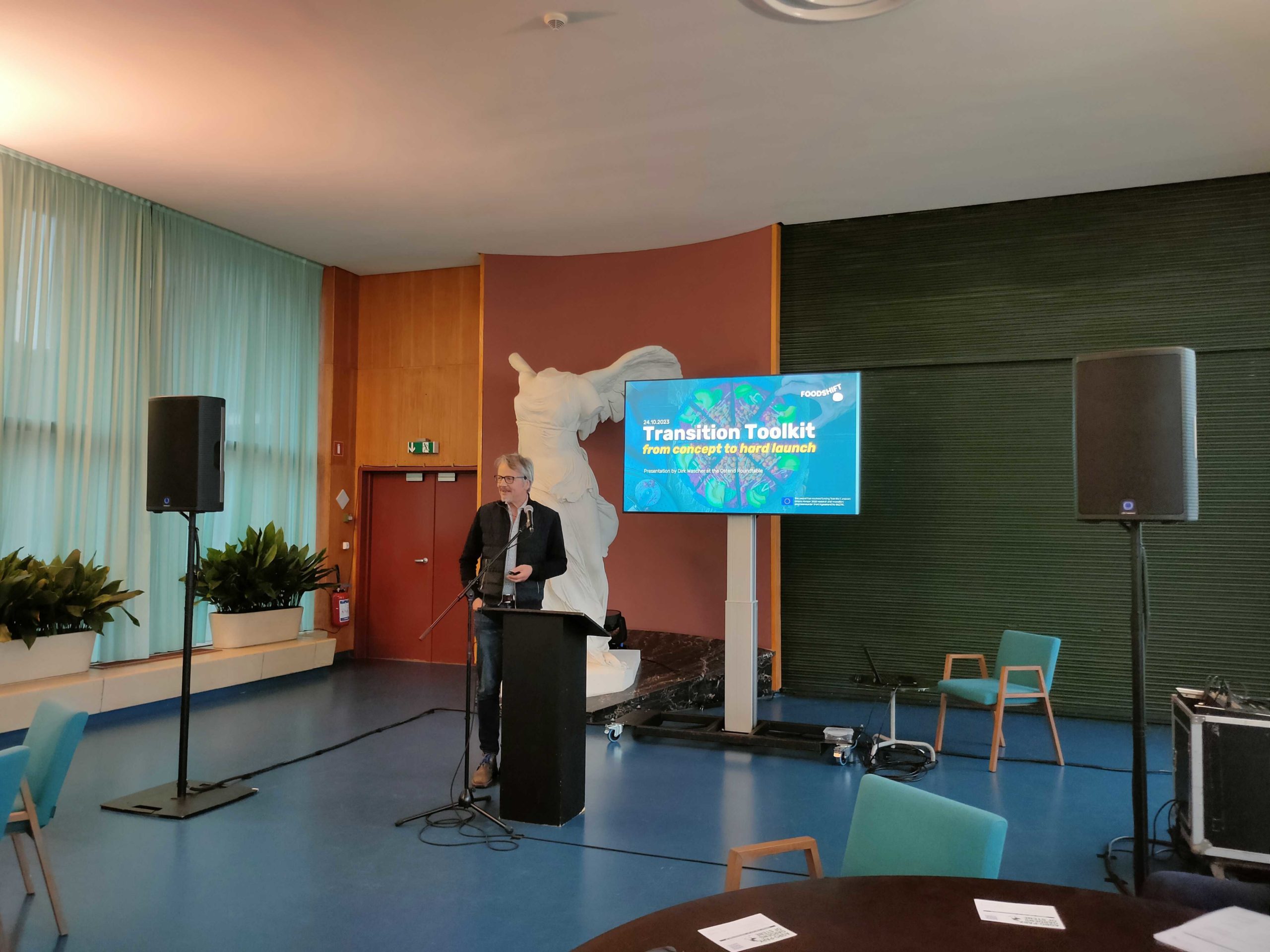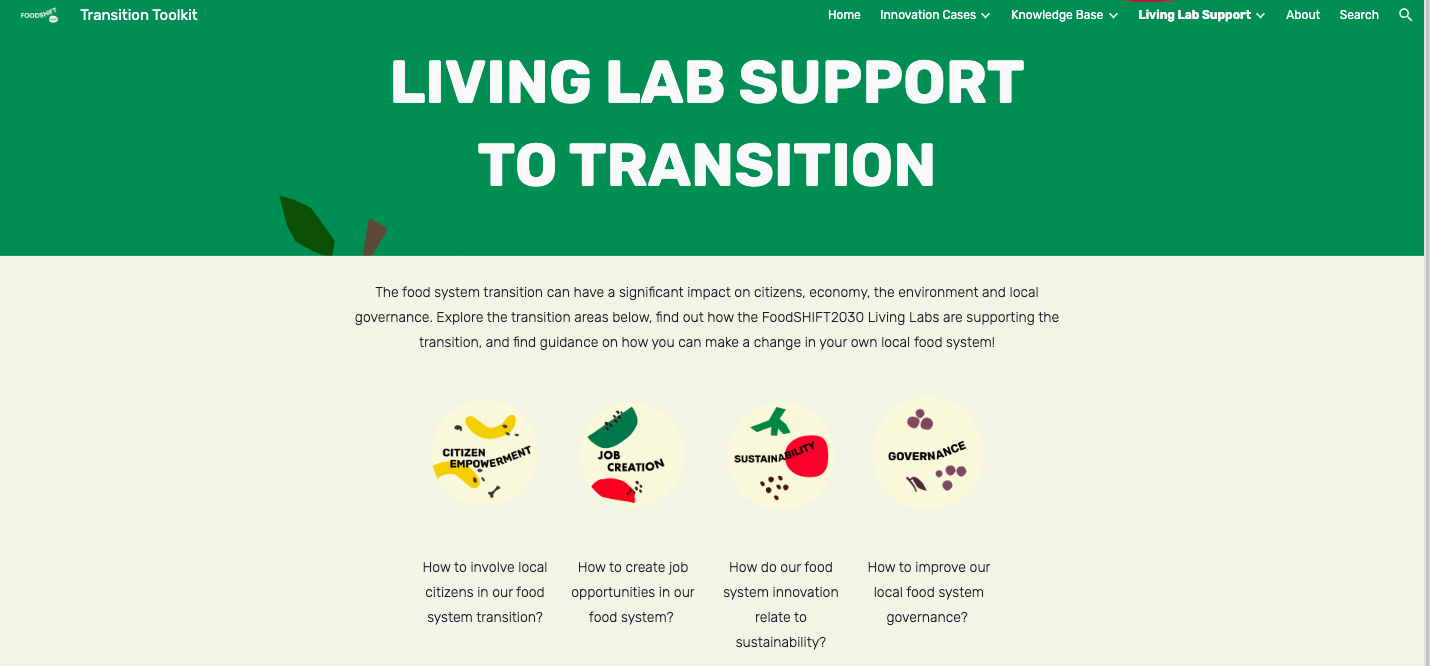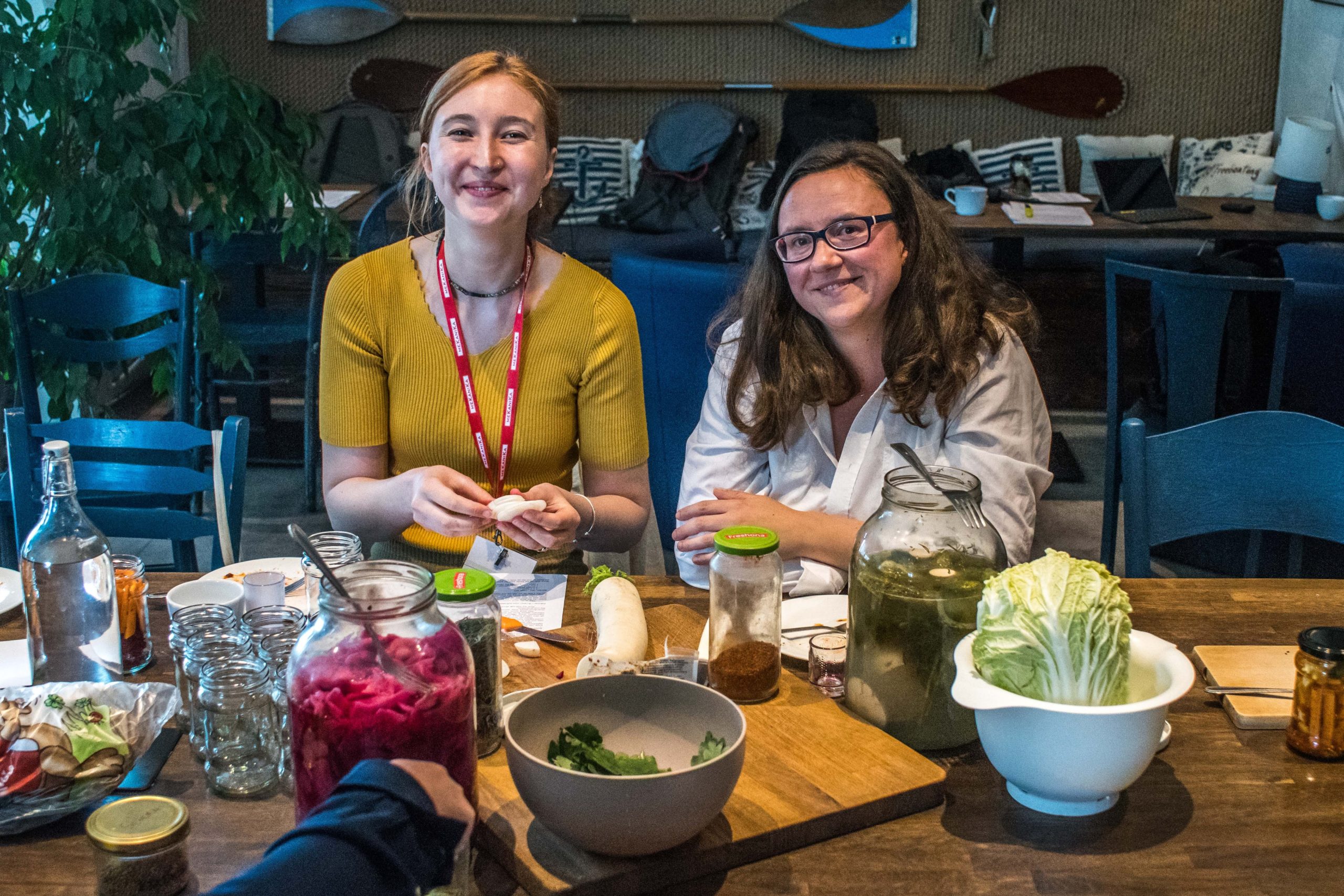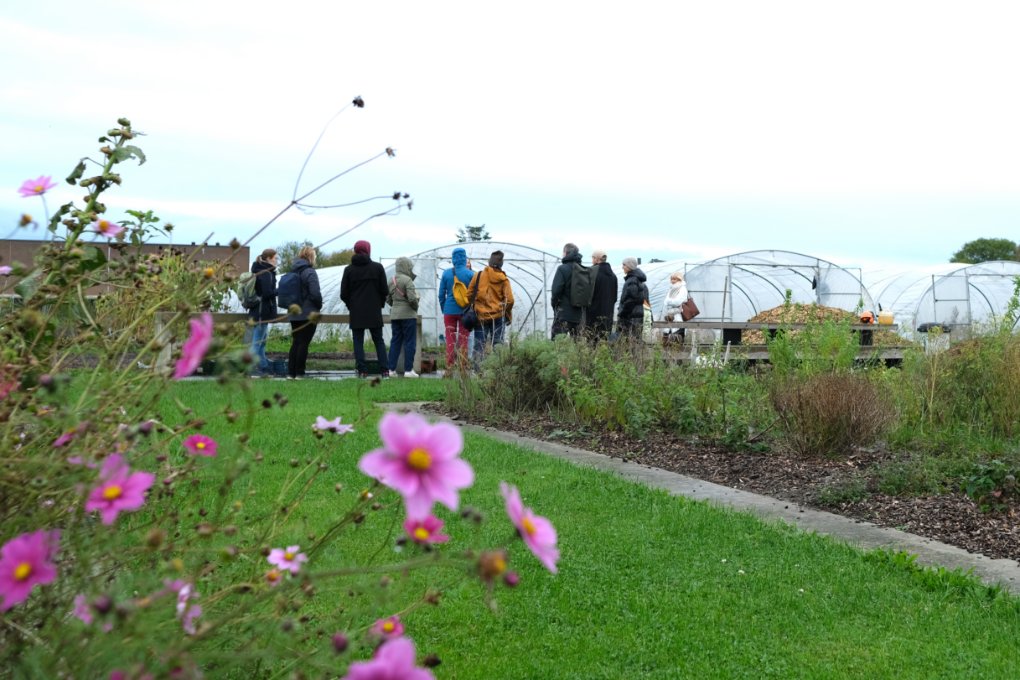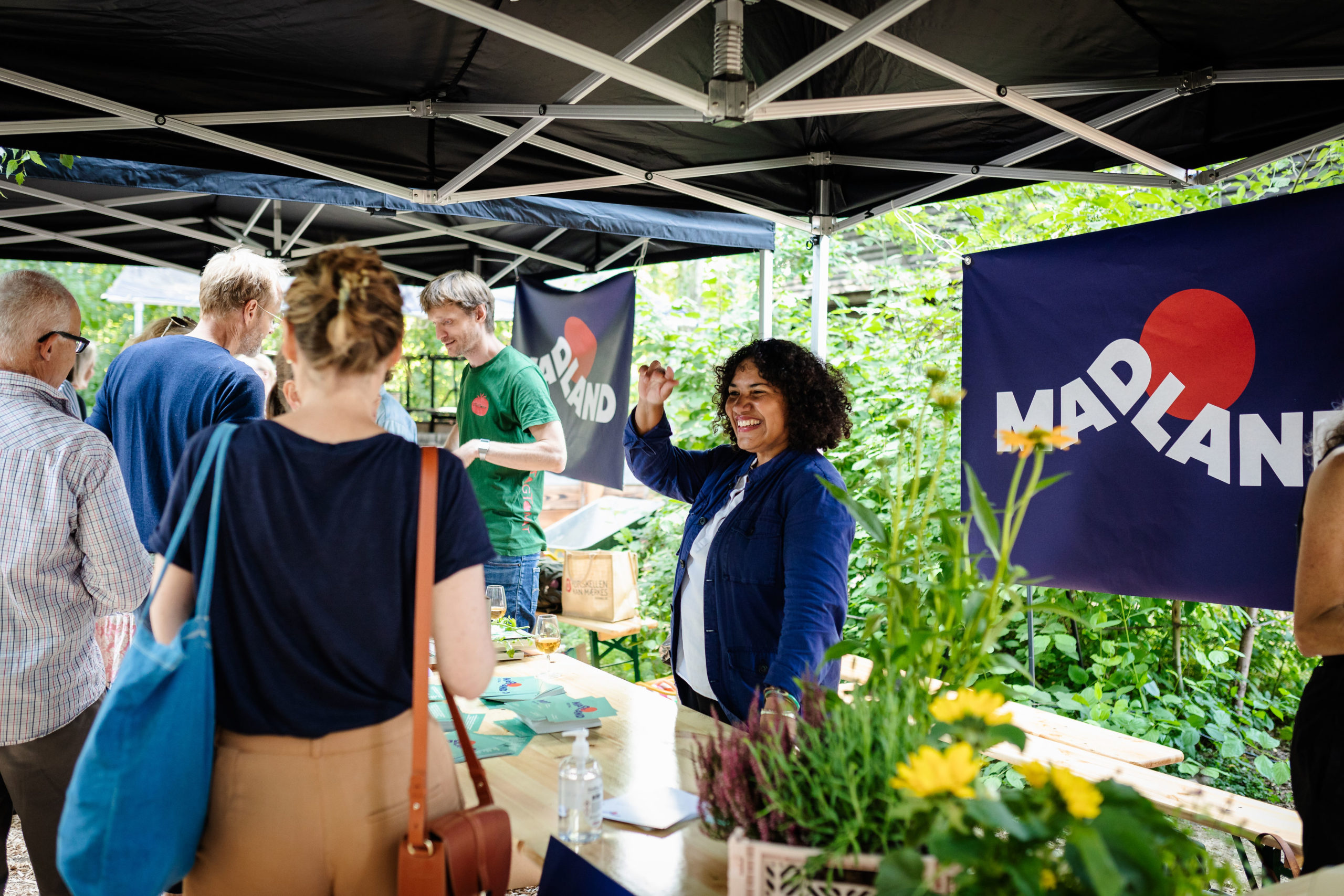FoodSHIFT 2030 begins amidst COVID-19 disruptions
01 May 2020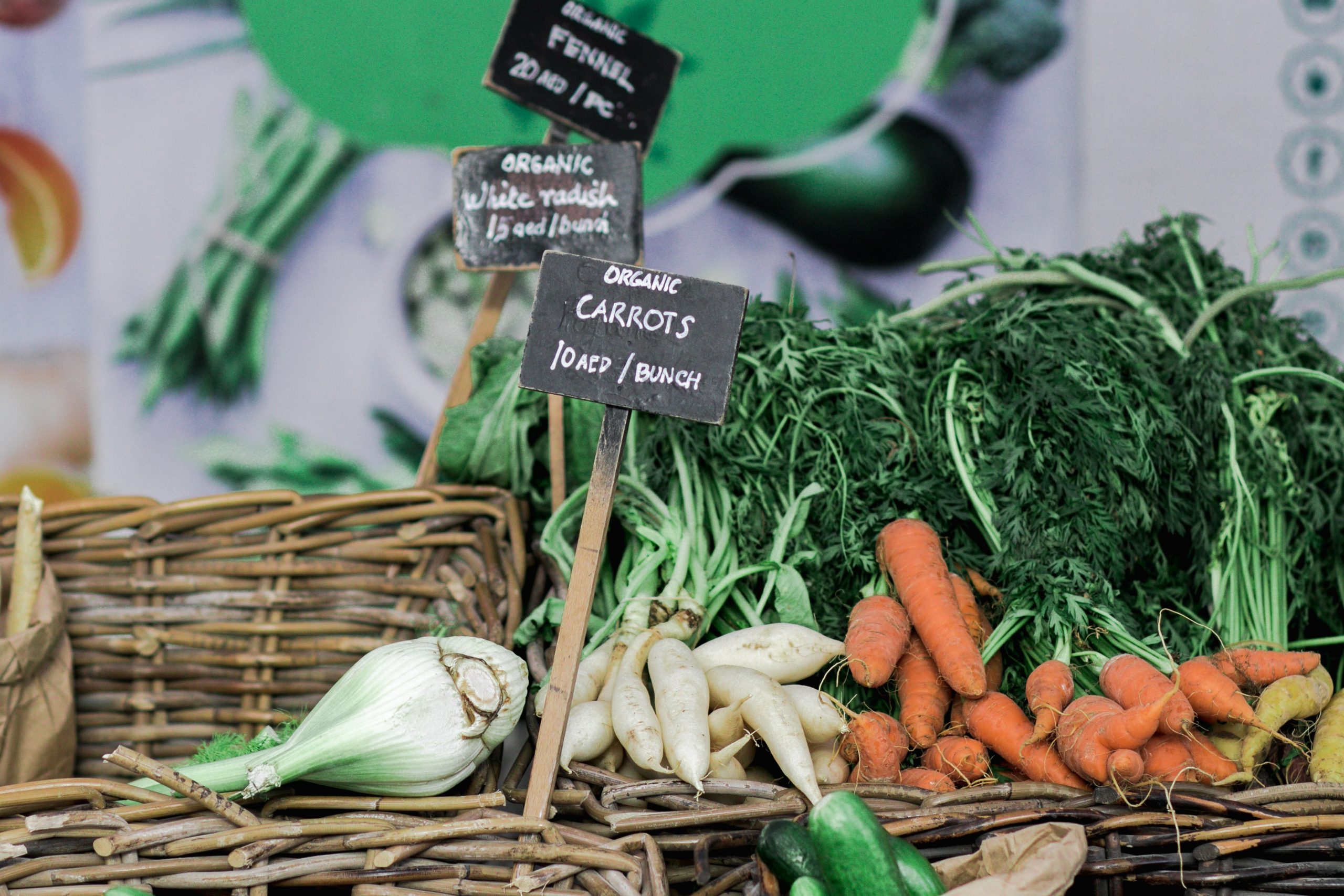
PRESS RELEASE
FoodSHIFT 2030 begins amidst COVID-19 disruptions recognizing the time is right for sustainable food system transition
The FoodSHIFT 2030 project consists of a 30 organization-strong multi-actor consortium composed of local governments, SMEs, NGOs, universities, research institutes, and network partners. This enables the project to interact on many levels within a food system: from individual citizens, small chain actors to large corporations. The project is in a unique position to assess and innovate European food systems as well as respond and mitigate the effects of unforeseen circumstances like COVID–19.
COVID-19 Task Force
It is this unique position that instigated the establishment of the FoodSHIFT 2030, COVID–19 Task Force. The taskforce is a small operational group within the FoodSHIFT 2030 consortium created to speed up and streamline internal COVID-19 communications allowing quicker development of responses to the impacts that COVID-19 may have on food system. Such impacts and responses are already visible at the locations of FoodSHIFT Accelerator Labs, such as innovative local supply chain management or responses to provide PPE for frontline workers.
The Project kick-off amidst COVID-19
In addition to the COVID–19 response, the first four months of FoodSHIFT 2030 have been very productive.
The four-year project successfully held its first consortium kick–off meeting in Copenhagen late February 2020. During the 3-day meeting, over 80 food system experts with diverse backgrounds actively engaged in knowledge transfer for long-term, wide-spread food system transformation. Through a number of interactive and interdisciplinary workshops the goal and innovation focus of each FoodSHIFT Accelerator Lab was introduced, knowledge and experiences on developing innovative food system solutions were shared, participatory learning and action guidelines were provided and the relevance of different indicators for assessing the benefits of food system innovations were discussed.
The meeting featured predominantly plant–based food options supplied by local, sustainable food start-ups and innovators including Møllers Økologiske Hjemmebag, Planteslagterne, Saito CPH, Rørt, Glean, H15, Fonda, Fangst, Jalm&B, AMAAS Restaurant all in connection with the venue host, CPH Food Space. In addition, a short video was filmed on location at the kick–off meeting to introduce the FoodSHIFT 2030 project.
FoodSHIFT 2030 is live!
The project website has been launched at foodshift2030.eu, where you can meet our 9 FoodSHIFT Accelerator Labs and read more about the project on the Knowledge Hub. The project’s online presence is bolstered by official social media accounts on Twitter, Instagram, and Linkedin. Four deliverable reports have been completed including publicly accessible; D1.1 Guidelines for establishing FoodSHIFT Accelerator Lab and D7.2 Establishment visual identity and project branding.
Not least, the 9 FoodSHIFT Accelerator Labs have begun engaging stakeholders from the private, public, voluntary and academic sector from their city regions. These Labs seek to establish wider steering committees to tackle different aspects of the food system and in doing so, will be co–creating the transition to a future where food systems are low-carbon, circular and primarily plant-based.
